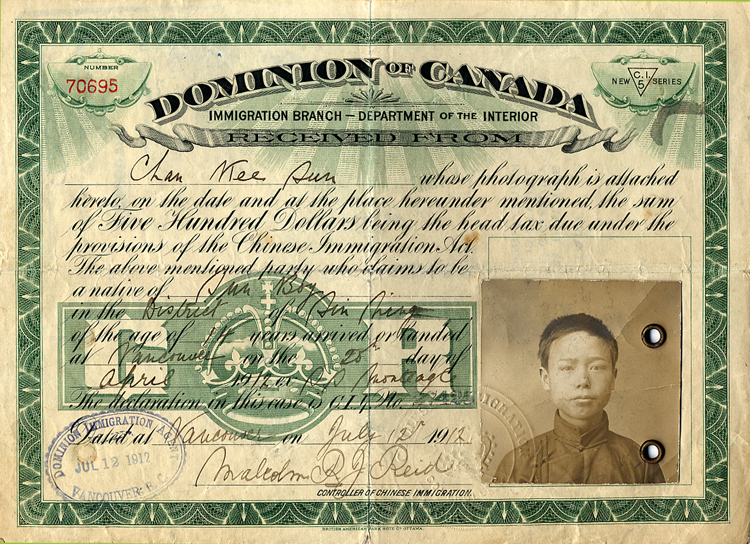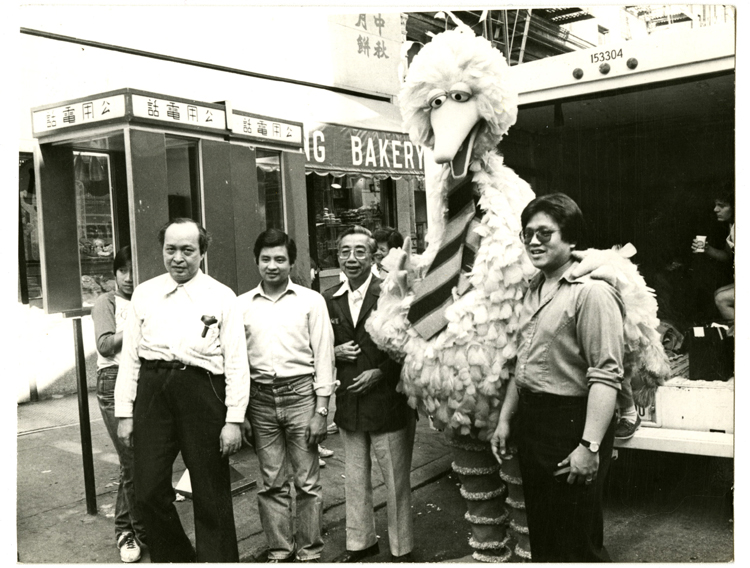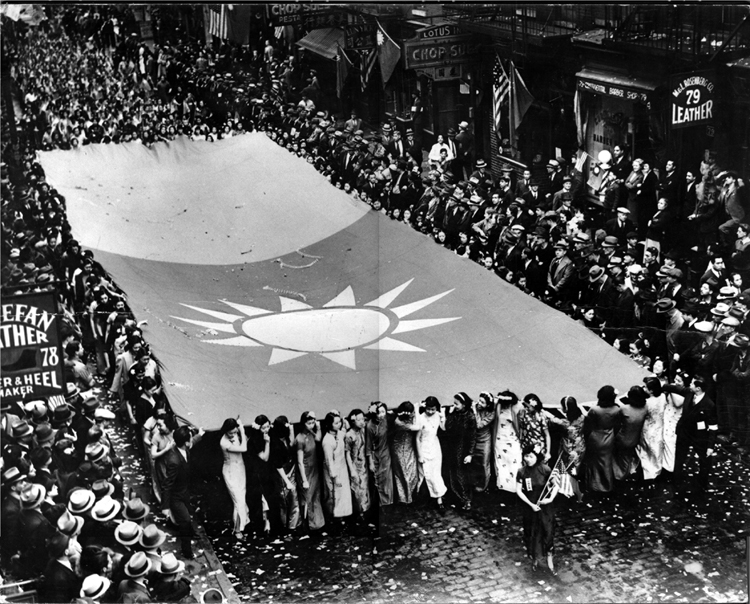The U.S. passed its Chinese Exclusion Act in 1882; Canada too had their own form of Chinese exclusion. Like its neighbors to the south, Canada used Chinese labor to help build the Canadian Pacific Railway from 1881-1885. As the railway neared completion, there was a fear that Chinese laborers would take jobs from Canadian citizens. In response, Canada passed the Chinese Immigration Act in 1885. While the act did not ban Chinese immigration outright as its U.S. counterpart had done, it did levy a fee known as a “head tax” on any Chinese immigrating to the country. The high fee was intended to cause enough financial hardship as to deter poorer Chinese immigrants seeking a better livelihood in North America. The tax was set at $50 when the act was passed, but when the tax failed to deter enough people, it was quickly raised to $100 in 1900 and $500 in 1903 (equivalent to 2 years’ salary), at which point Chinese immigration slowed. But the tax still did not deter as many immigrants as desired, so on July 1, 1923, the head tax was abolished and a new law was put into place that simply banned Chinese immigration to Canada. The ban was not lifted until 1947.
July 1st was known as Dominion Day (now Canada Day) but the Chinese communities at the time simply referred to it as “humiliation day.”


